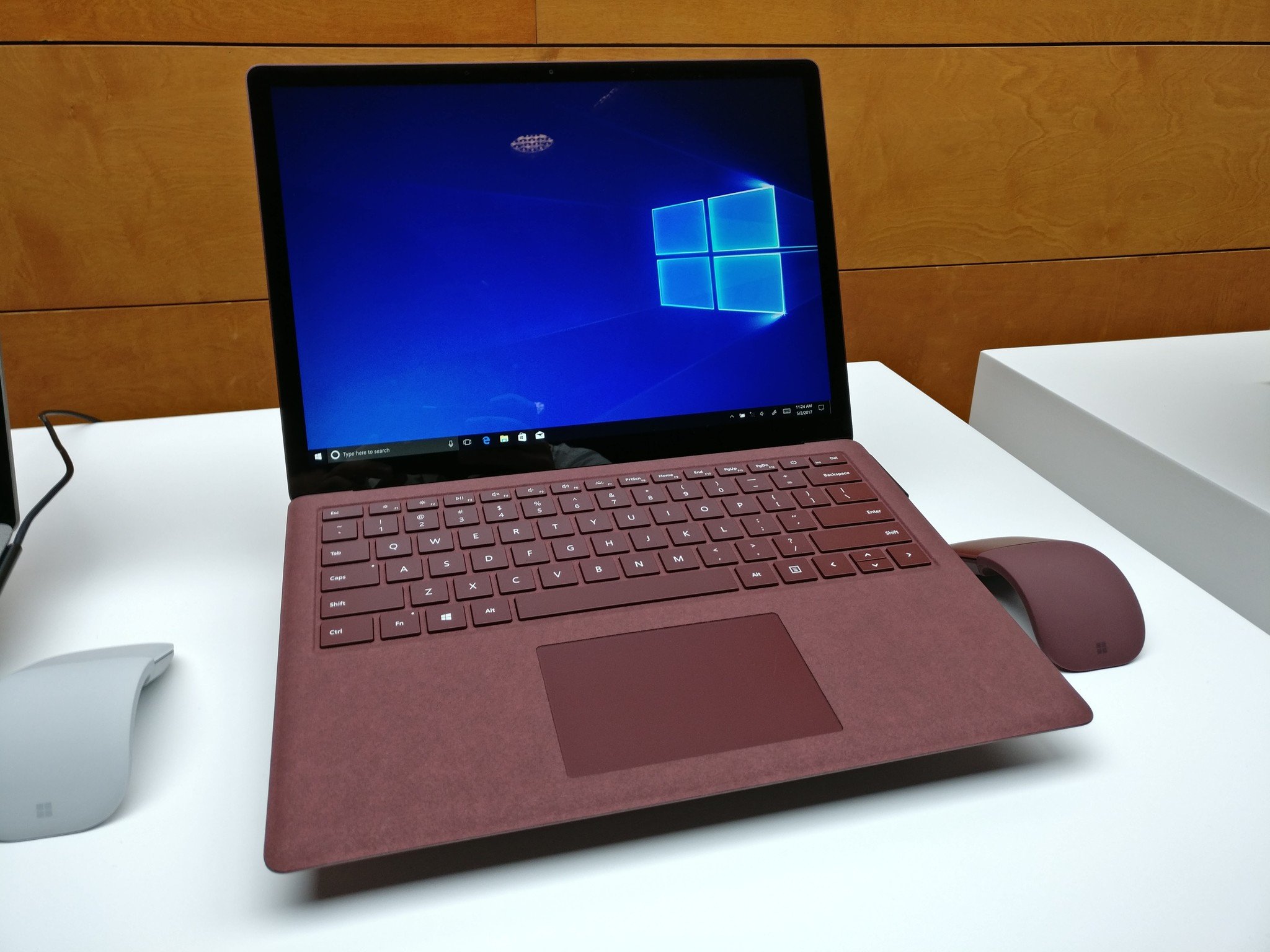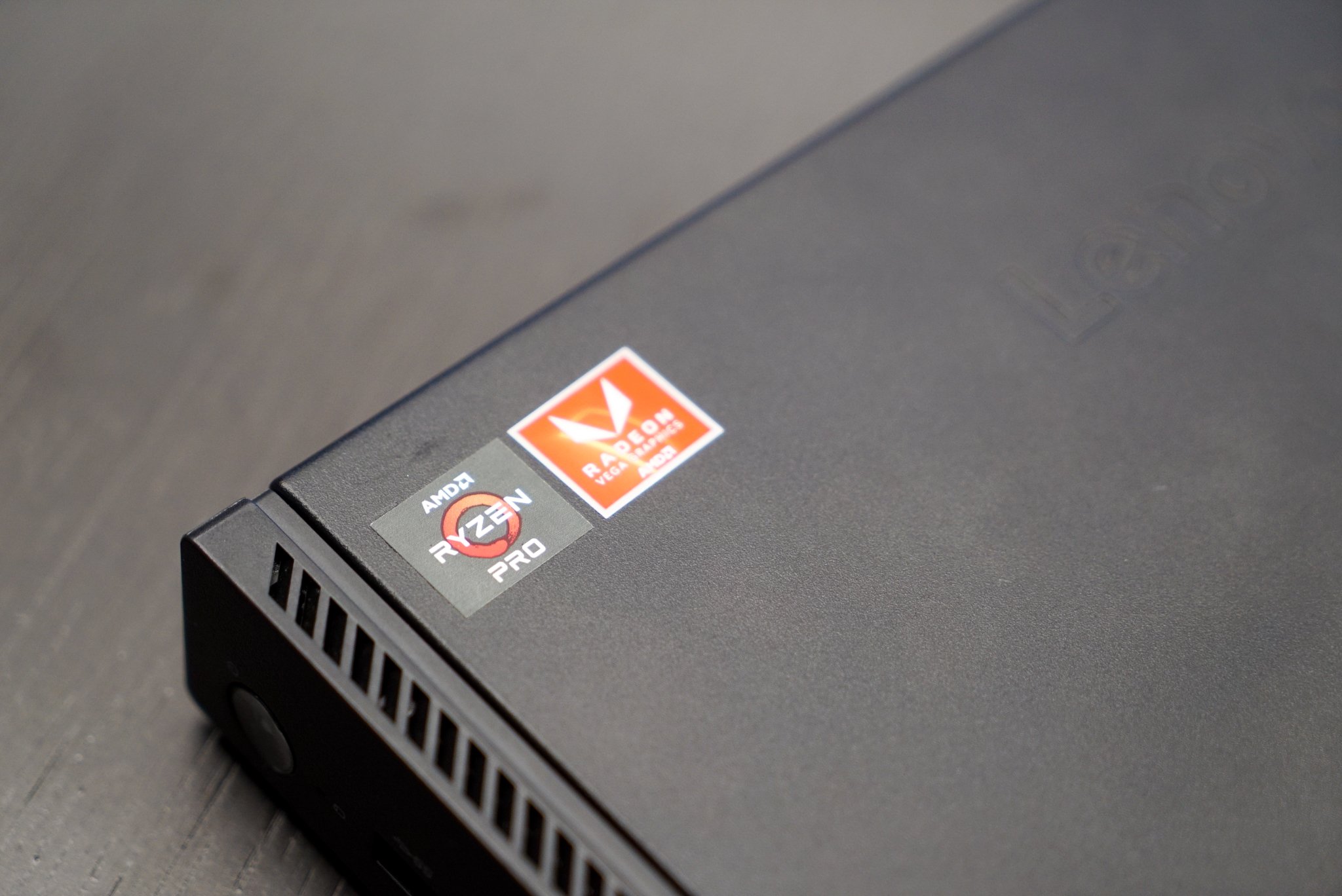Surface Laptop 3 15-inch rumored to feature AMD, but I'm not sure why that's great
AMD could be coming to Surface, but what does that get us in return?



For a few months now, rumors have been building that Microsoft could start to use AMD chips in some of its newer Surface devices. These follow reports that we may also see a Snapdragon-powered Surface PC as well. The claims make sense as Microsoft likely wants to spread some of the Surface-love around to its major chip partners instead of exclusively using Intel.
The funny thing is while AMD is experiencing a deserved resurgence on desktop and gaming PCs, I'm not quite sure why this would be important for laptops. AMD's mobile presence is only simmering, but not on fire.
Surface Laptop 3 15-inch with AMD: the rumors
The current rumors reported at WinFuture.de come from various sources, including Twitter user @TUM_APISAK and editor of WinFuture Roland Quandt, who tweeted about a "a pretty official-looking price/spec list (cut-out) for what seems to be the new Microsoft Surface Laptop 3 15-inch model based on AMD Ryzen."
The rumors are unverified at this point and should be taken as such.
If true, however, the purported processors used would be Ryzen 5 3550U and Ryzen 7 3750U. More interestingly, models will reportedly come with 8GB, 12GB, or 16GB of RAM with those Ryzen CPUs scaling with four-core, six-core, and even eight-core variants matching those RAM configurations. The weird part is there is technically no eight-core mobile Ryzen CPU yet.
These models will reportedly let Microsoft scale pricing for the 15-inch Surface Laptop 3 from $1,000 up to $2,400 giving plenty of leeway for consumers.
All these reports are plausible, but even the 15-inch Surface Laptop 3 currently is uncorroborated.
Get the Windows Central Newsletter
All the latest news, reviews, and guides for Windows and Xbox diehards.
So why AMD, anyway?

The thing I am trying to wrap my head around is what does AMD get us in a laptop in 2019 over Intel. That sounds like a loaded and maybe even trolling question, but it's not.
When I speak with PC manufacturers I almost always ask about AMD – specifically why are their mobile chips not being used. Many of the top manufacturers tell me the first-gen Ryzens were just not that good, but these latest ones show more promise. Performance in some cases outperforms a similar Intel configuration, but battery life suffers too with on average about a one-hour loss in longevity.
There is a cost savings to consider, albeit modest. I'm told AMD mobile chips cost around $50 cheaper than Intel. For big companies placing an order for 1,000 business laptops, that $50 represents a significant saving. That difference can then be used elsewhere or used to sink back into those laptops (e.g. more RAM).
For consumers, though, I'm not quite sure that $50 adds up to that much, especially when premium Surface products are on the table.
Moreover, I don't understand why an AMD mobile experience is necessarily better than Intel – but I'm willing to be convinced. It will be exciting – if these rumors are true – to see what AMD gets us over an Intel/NVIDIA-based system and why Microsoft went that route.
AMD and competition are a good thing

Putting aside my skepticism, one thing we all can agree on is processor competition is excellent for the industry and consumers. Intel has been riding the Ultrabook category – which it started – for a long time. Qualcomm's entrance and now AMD's seem to be again lighting a fire under Intel, which is why its 10th Gen series looks so compelling. New Wi-Fi 6, native Thunderbolt 3, Bluetooth 5, and optional LTE bring a serious feature package that companies like Lenovo, Dell, and HP find hard to resist.
Perhaps what is more intriguing is AMD and Microsoft already have a long history. Specifically, the silicon in the Xbox One, One S, One X, and next-gen Scarlett series are all custom AMD solutions. That raises the prospect that a 15-inch Surface Laptop 3 could have some "special sauce" for its processor and (presumably) Vega GPU.
Finally, it's worth pointing out just how fun all of this is these days. In a world where major tech announcements are leaked days, weeks, and months in advance, it's refreshing to have so much mystery around Microsoft's October 2 event.
But back to AMD, why do you think it would be a good thing to have their chips in a Surface device? What makes them so much better than Intel? Let me know.

Daniel Rubino is the Editor-in-chief of Windows Central. He is also the head reviewer, podcast co-host, and analyst. He has been covering Microsoft since 2007 when this site was called WMExperts (and later Windows Phone Central). His interests include Windows, laptops, next-gen computing, and wearable tech. He has reviewed laptops for over 10 years and is particularly fond of 2-in-1 convertibles, Arm64 processors, new form factors, and thin-and-light PCs. Before all this tech stuff, he worked on a Ph.D. in linguistics, performed polysomnographs in NYC, and was a motion-picture operator for 17 years.
